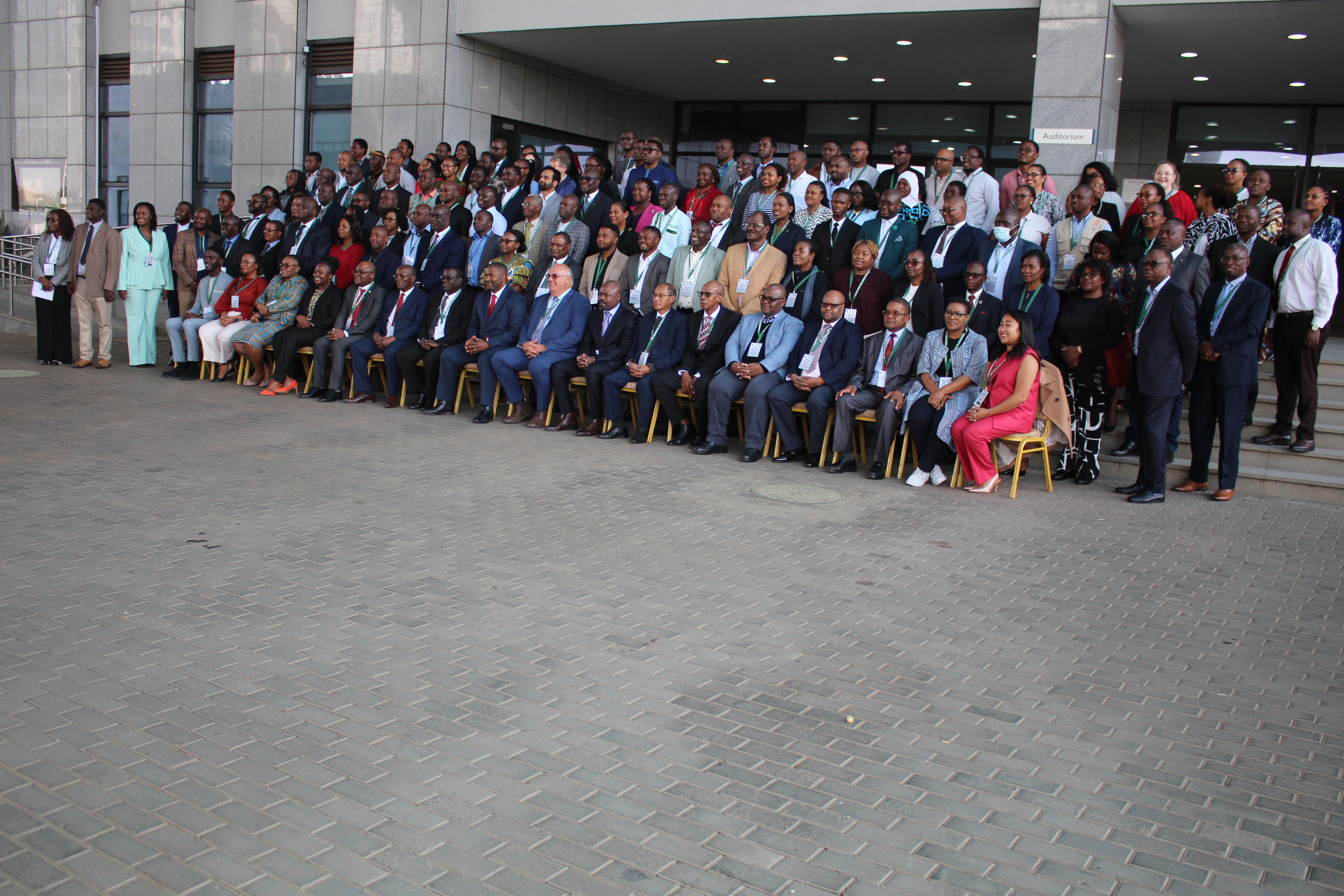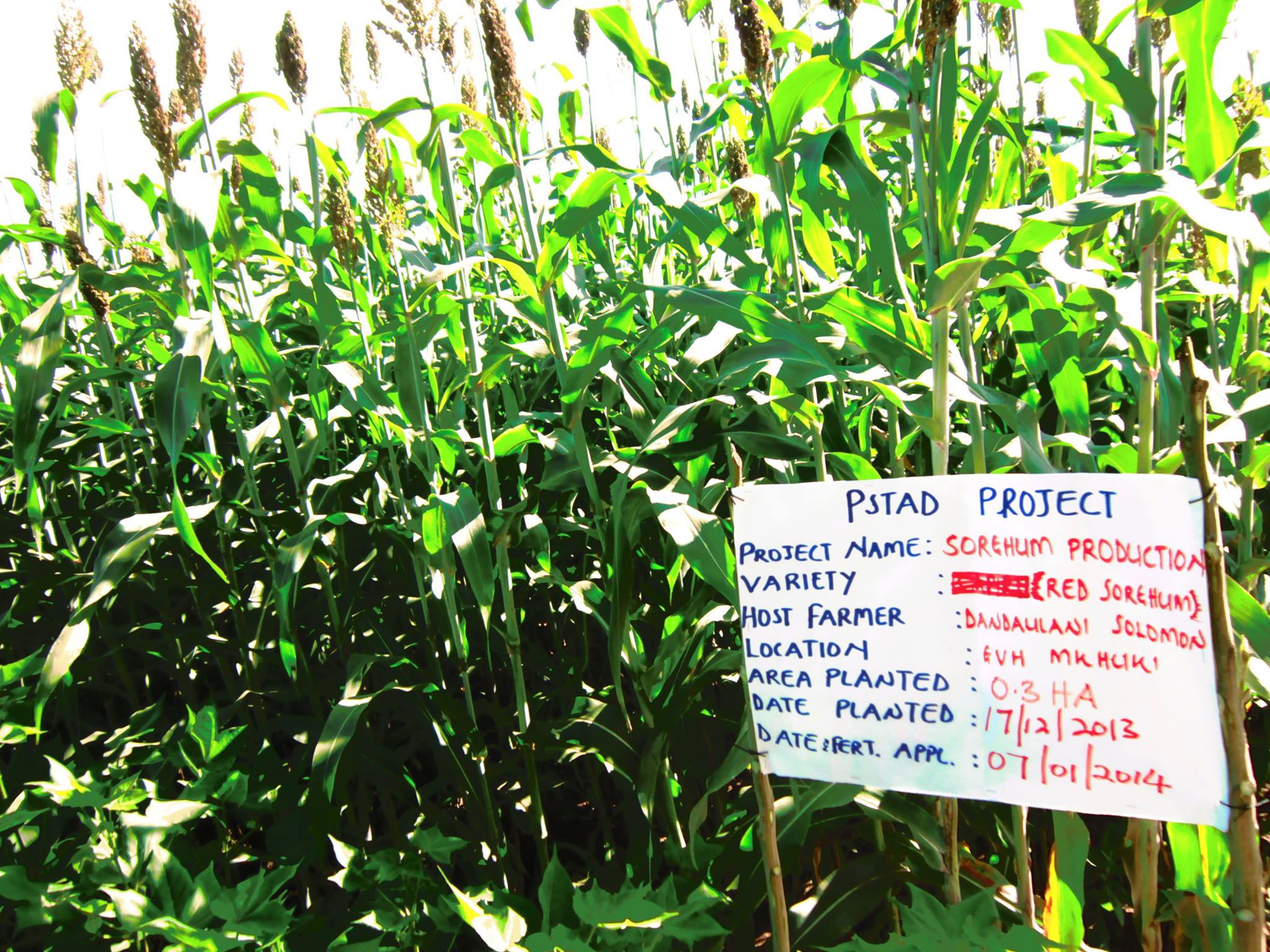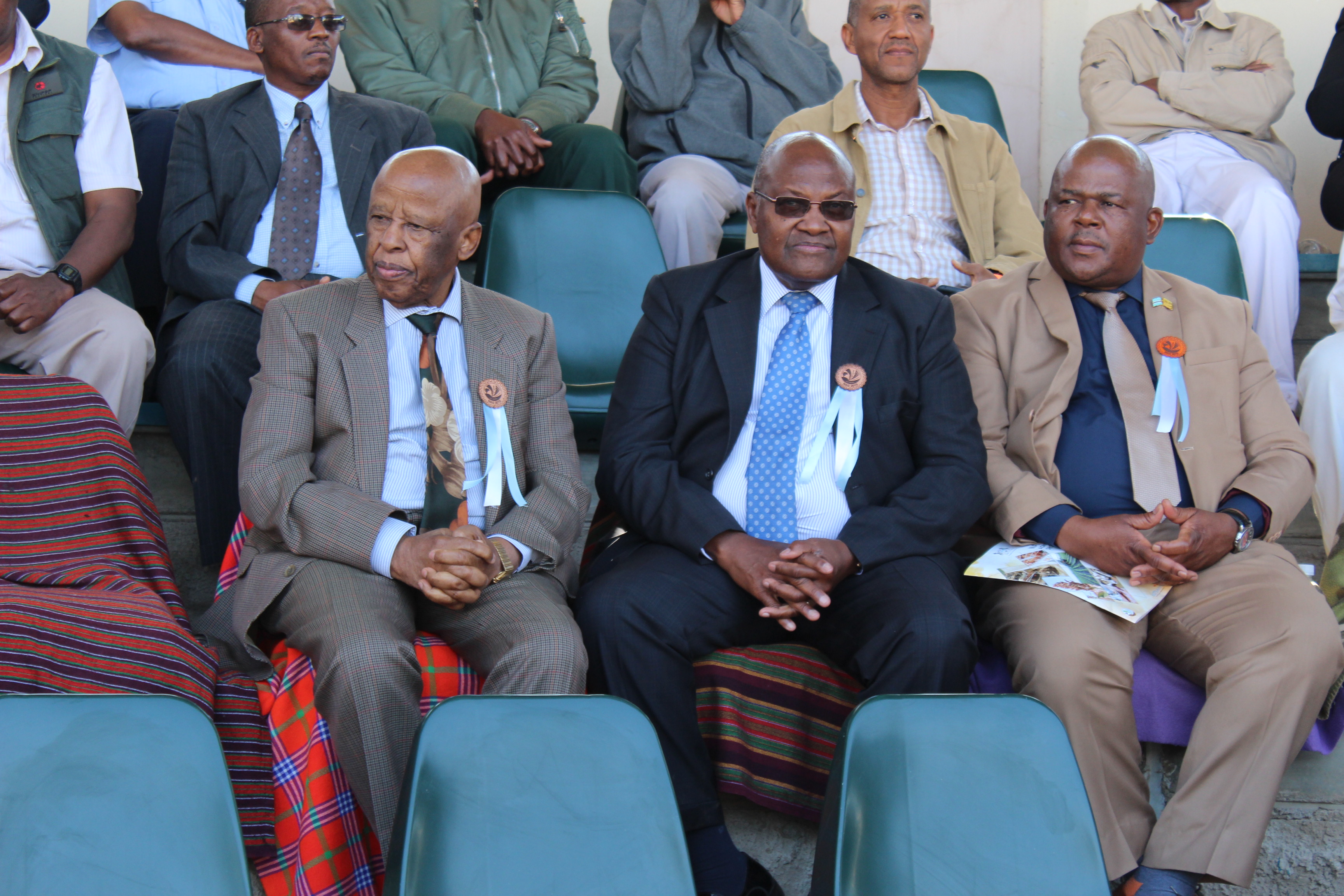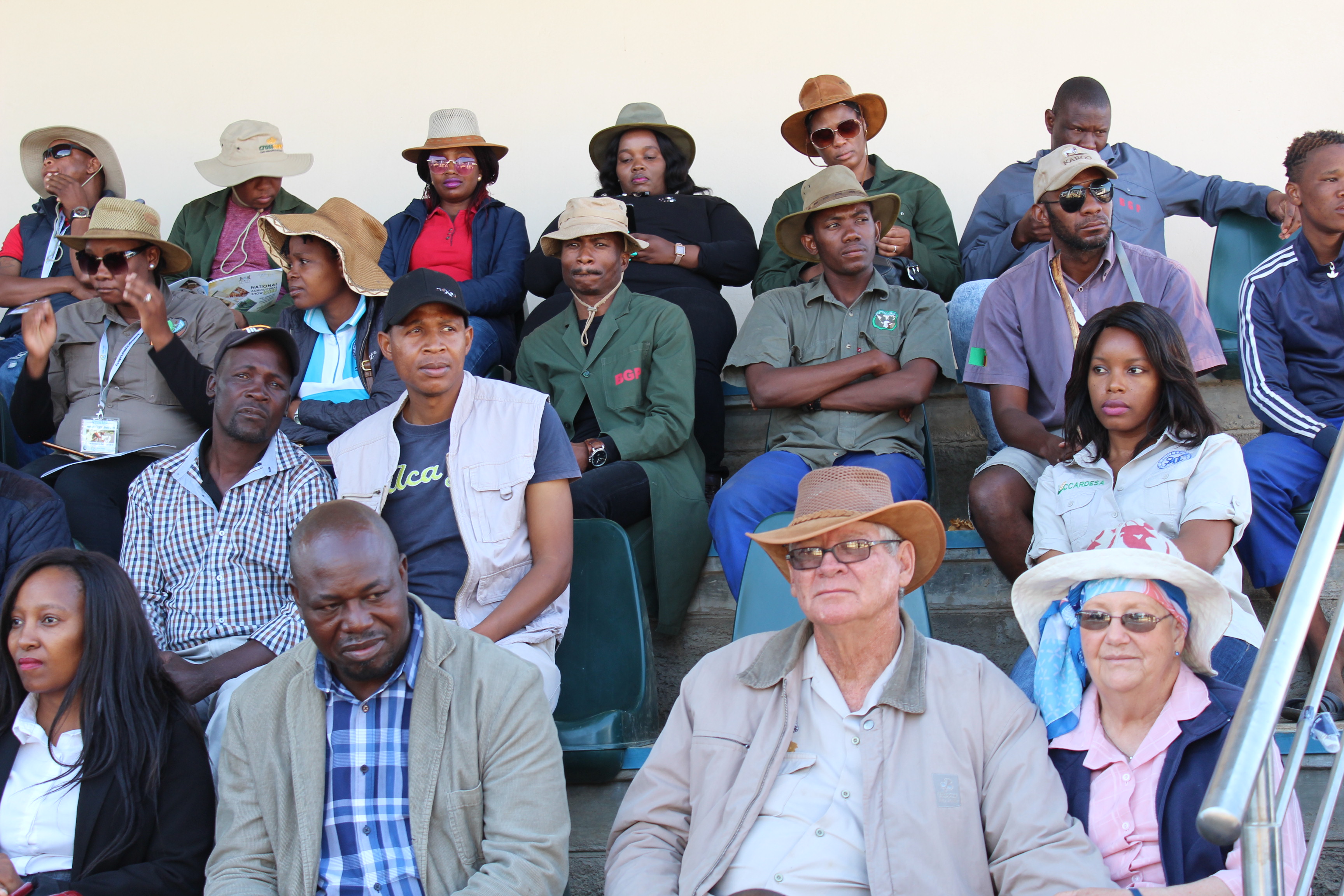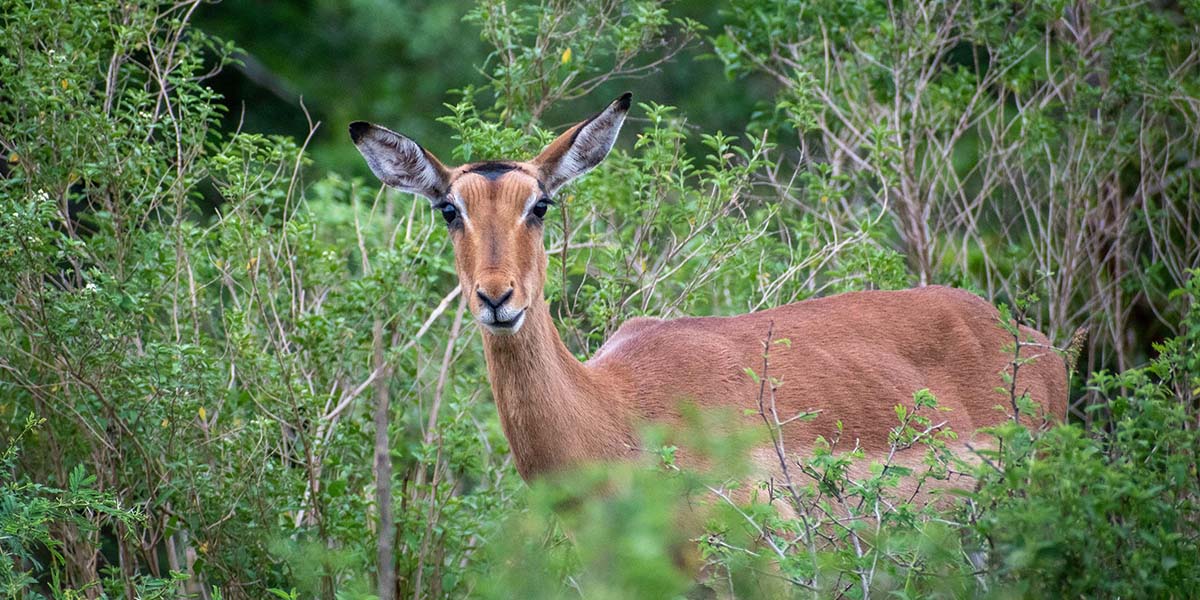A Call for Scaling-Up Response to the Worsening Drought
A multistakeholders meeting, jointly hosted by the Office of the President and Cabinet and the UN System in Zimbabwe, held today called for scaling up of humanitarian assistance to address the immediate needs of 2.8 million (30% of the total population) drought-affected people.
Addressing over 170 senior representatives from Government; Diplomatic Corps; Development and Humanitarian Partners; Civil Society Organizations; NonGovernmental Organizations; Private Sector; and the Media; the UN Resident and UNDP Resident Representative, Bishow Parajuli emphasized that “the drought conditions in many parts of the country have been unprecedented and have severely increased the vulnerability of the poor depriving them of their livelihoods including livestock and agricultural production as well as access to water, nutrition, health and education services”.
Like many parts of Southern Africa region, Zimbabwe has been hardhit by the effects of El Nino, with harvests devastated. The current rainfall season has so far been the driest in the last 35 years rendering over 28 million people foodinsecure in the region. The late onset of rains in Zimbabwe apparently reported to be below normal, coupled with higher than average temperatures, has severely affected the prospect of 2015/2016 crop production, livestock and rural livelihoods.
United Nations Zimbabwe


